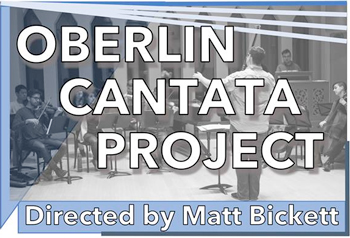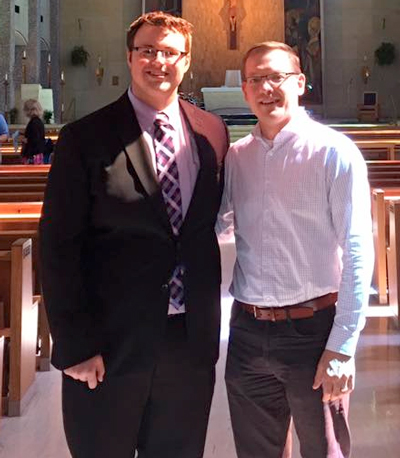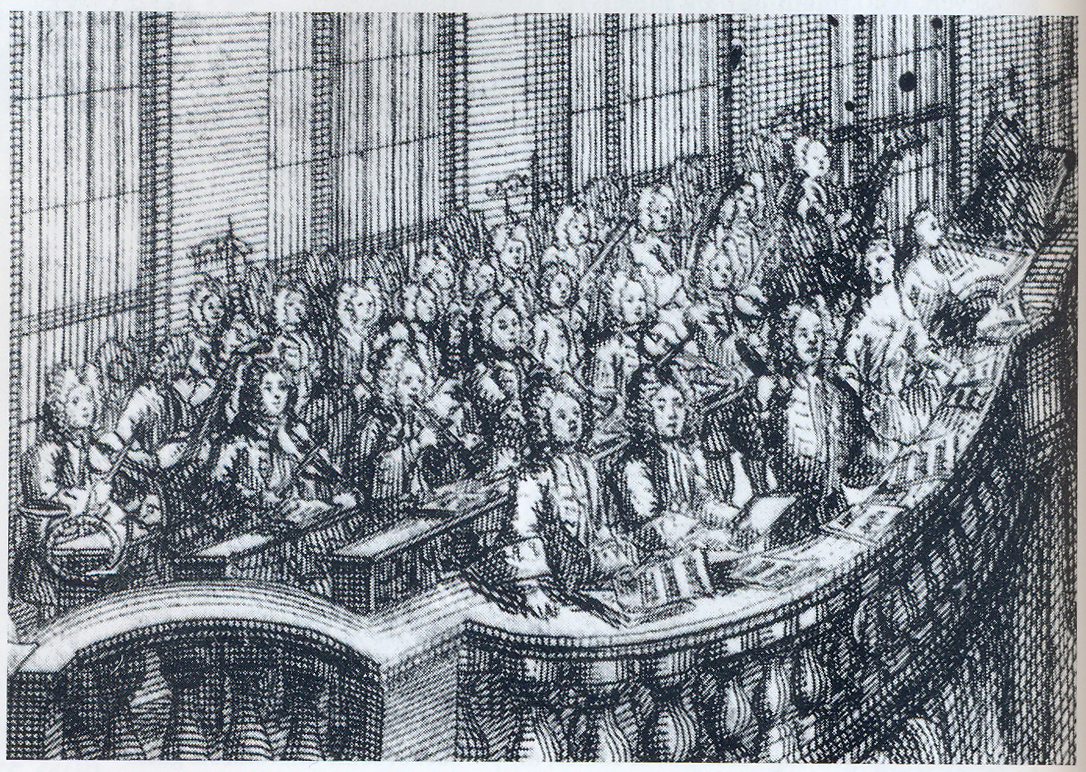by Daniel Hathaway

The Cantata Project will be presented on Saturday, October 28 at 7:30 pm at St. Paul’s Episcopal Church in Cleveland Heights, on Sunday, October 29 at 6:30 pm in Warner Concert Hall in Oberlin, and on Sunday, November 5 at 5:00 pm at the Church of the Covenant in Cleveland. All events are free.

The performances at St. Paul’s and in Oberlin will be presented in a concert format, but the November 5 event at Church of the Covenant will take the shape of a Sunday service at the Thomaskirche on a special feast day. The audience will become the congregation and will join in singing A mighty fortress is our God during the afternoon. But Bickett won’t subject the listeners to a thoroughly historical recreation of such a service — which would have begun at 7 am in an unheated church, lasted until 11 am, and included an hour-long sermon. “We’re going to avoid that,” he said.
Bickett has conceived of his performing forces according to the still-controversial views of musicologists like Joshua Rifkin who maintain that Bach usually assigned only a single singer to each voice part. “Although Bach normally used only a quartet of singers for the Sunday cantata, he would have added four more singers from the Nikolaikirche on important feast days,” Bickett said. Doubling the number of vocalists also allows Bickett to program Pachelbel’s eight-voice motet.

The orchestra will comprise eleven string players, two oboists, and three continuo players who will support the bass line on harpsichord (Abraham Ross), organ (Albert Bellefeuille), and theorbo (Collin Sterne). Bickett originally planned to conduct from a keyboard instrument, but the arrangement of some of the venues would make that physically impossible.
And although the Oberlin Conservatory is well provided with keyboard instruments for use in Warner Concert Hall, Bickett and his colleagues will have to move Oberlin’s continuo organ to St. Paul’s — “their chamber organ is tuned at A=440 hz, and we’ll be performing at A=415” — and wrestle a harpsichord up into the gallery at the Covenant. “It’s going to be a lot more work than I anticipated, but it’s all good,” Bickett said.
Published on ClevelandClassical.com October 26, 2017.
Click here for a printable copy of this article



